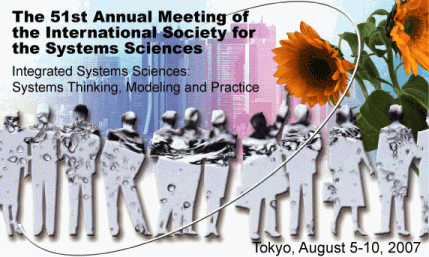The Application of Soft System Methodology for Agro business Micro financing Policy
Keywords:
Soft System Methodology, Micro Finance, Policy Research, SAST,Abstract
Policy analysis and design was conducted to develop conceptual model for agro business micro financing particularly in the organic farming. This interdisciplinary research used soft system methodology (Checkland, 1972) to identify key policy variables and create knowledge-based decision support system. Dealing with micro financing complexity, this study applied Total System Intervention (TSI) approach (Jackson, 2000). Complementarism was introduced to combine several system techniques with expert knowledge acquisition as well as extensive field observation. Strategic Assumptions Surfacing and Testing (SAST) produced strategic assumptions to implement public policy for organic farming intensification. Analytic Hierarchy Process (AHP) was used to set up priority of feasible microfinance practices and institution related to agriculture constraints. Focus group discussion was conducted both in local and national level to formulate policy alternatives. Results of this study showed that organic farming could generate better income for the paddy farmers and simultaneously increase environmental sustainability. However, lack of working capital and market infrastructures make slow growth. Hence, government support through micro credit and reliable trading-house is needed. Conceptual model was established with main assumption is rural financing availability with various sources of fund including trust fund in accordance with poverty alleviation efforts. This research found that most preferable Micro Finance Institution (MFI) to manage those micro credits is the Saving and Loans Cooperative Agency. The regional policy should cover local MFI capacity building, organic fertilizer production and trade management support. Through public policy analysis, this study recommends coordination body of MFI in national level to increase agro business productivity. Expert judgment was found meaningful in the validation and verification processes of the conceptual model. Financial analysis for MFI and agro business is recommended.Published
2007-07-31
How to Cite
Marimin, M., Kusmuljono, B. S., Eriyatno, E., & Arini, R. D. (2007). The Application of Soft System Methodology for Agro business Micro financing Policy. Proceedings of the 51st Annual Meeting of the ISSS - 2007, Tokyo, Japan, 51(2). Retrieved from https://journals.isss.org/index.php/proceedings51st/article/view/453
Issue
Section
Evolutionary Development

